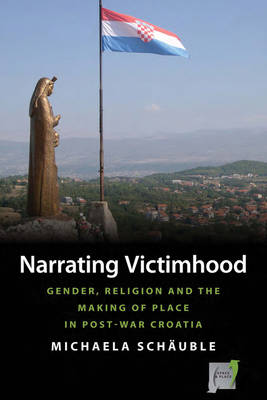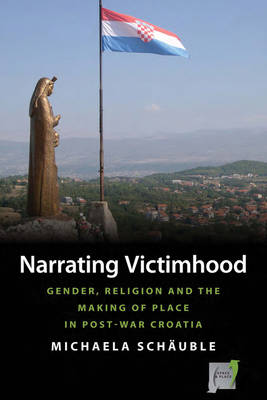
- Retrait gratuit dans votre magasin Club
- 7.000.000 titres dans notre catalogue
- Payer en toute sécurité
- Toujours un magasin près de chez vous
- Retrait gratuit dans votre magasin Club
- 7.000.0000 titres dans notre catalogue
- Payer en toute sécurité
- Toujours un magasin près de chez vous
Description
Mythologies and narratives of victimization pervade contemporary Croatia, set against the backdrop of militarized notions of masculinity and the political mobilization of religion and nationhood. Based on extensive ethnographic fieldwork in rural Dalmatia in the Croatian-Bosnian border region, this book provides a unique account of the politics of ambiguous Europeanness from the perspective of those living at Europe's margins. Examining phenomena such as Marian apparitions, a historic knights tournament, the symbolic re-signification of a massacre site, and the desolate social situation of Croatian war veterans, Narrating Victimhood traces the complex mechanisms of political radicalization in a post-war scenario. This book provides a new perspective for understanding the ongoing processes of transformation in Southeastern Europe and the Balkans.
Spécifications
Parties prenantes
- Auteur(s) :
- Editeur:
Contenu
- Nombre de pages :
- 392
- Langue:
- Anglais
- Collection :
- Tome:
- n° 11
Caractéristiques
- EAN:
- 9781785337406
- Date de parution :
- 01-09-17
- Format:
- Livre broché
- Format numérique:
- Trade paperback (VS)
- Dimensions :
- 150 mm x 226 mm
- Poids :
- 544 g

Les avis
Nous publions uniquement les avis qui respectent les conditions requises. Consultez nos conditions pour les avis.






